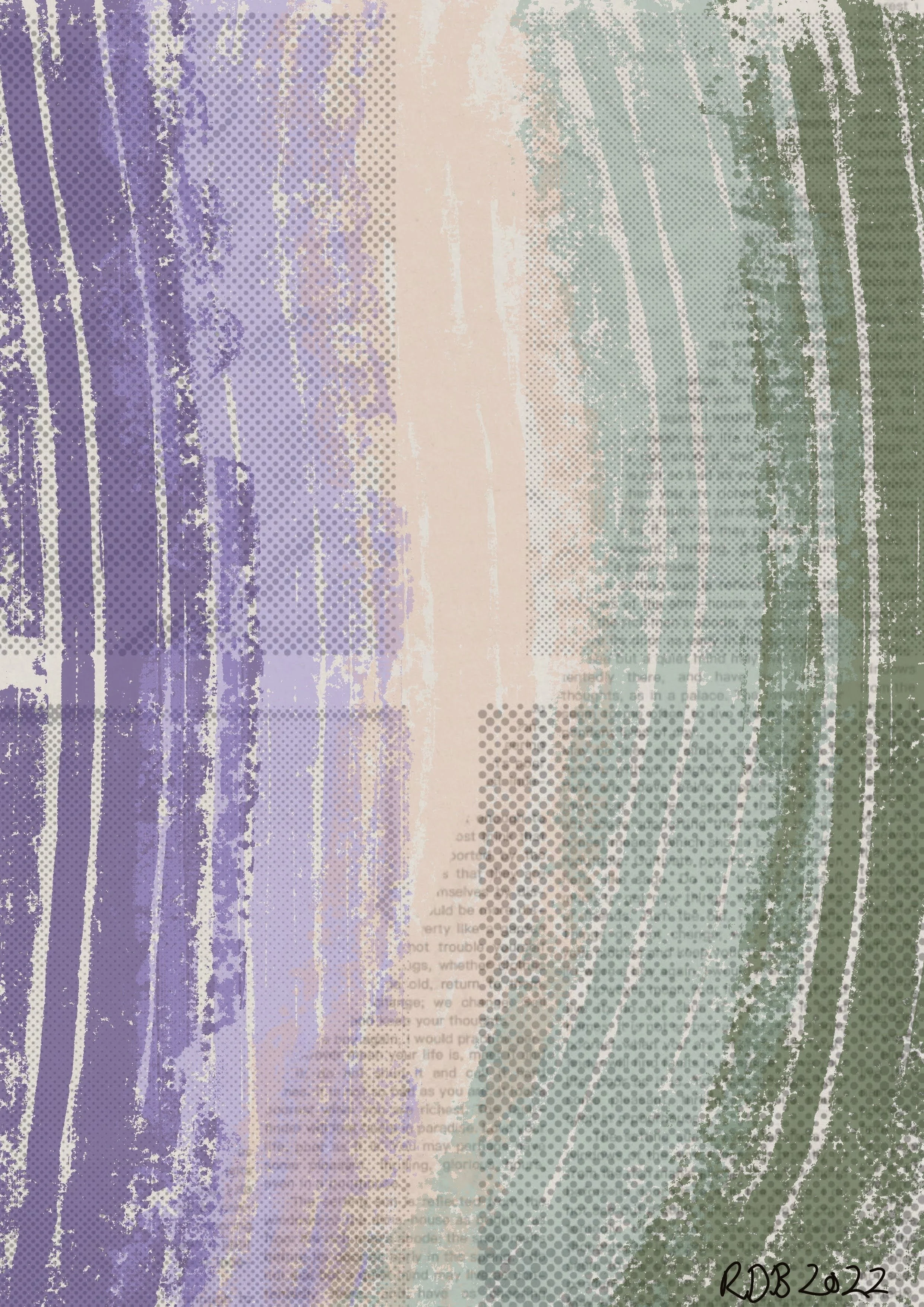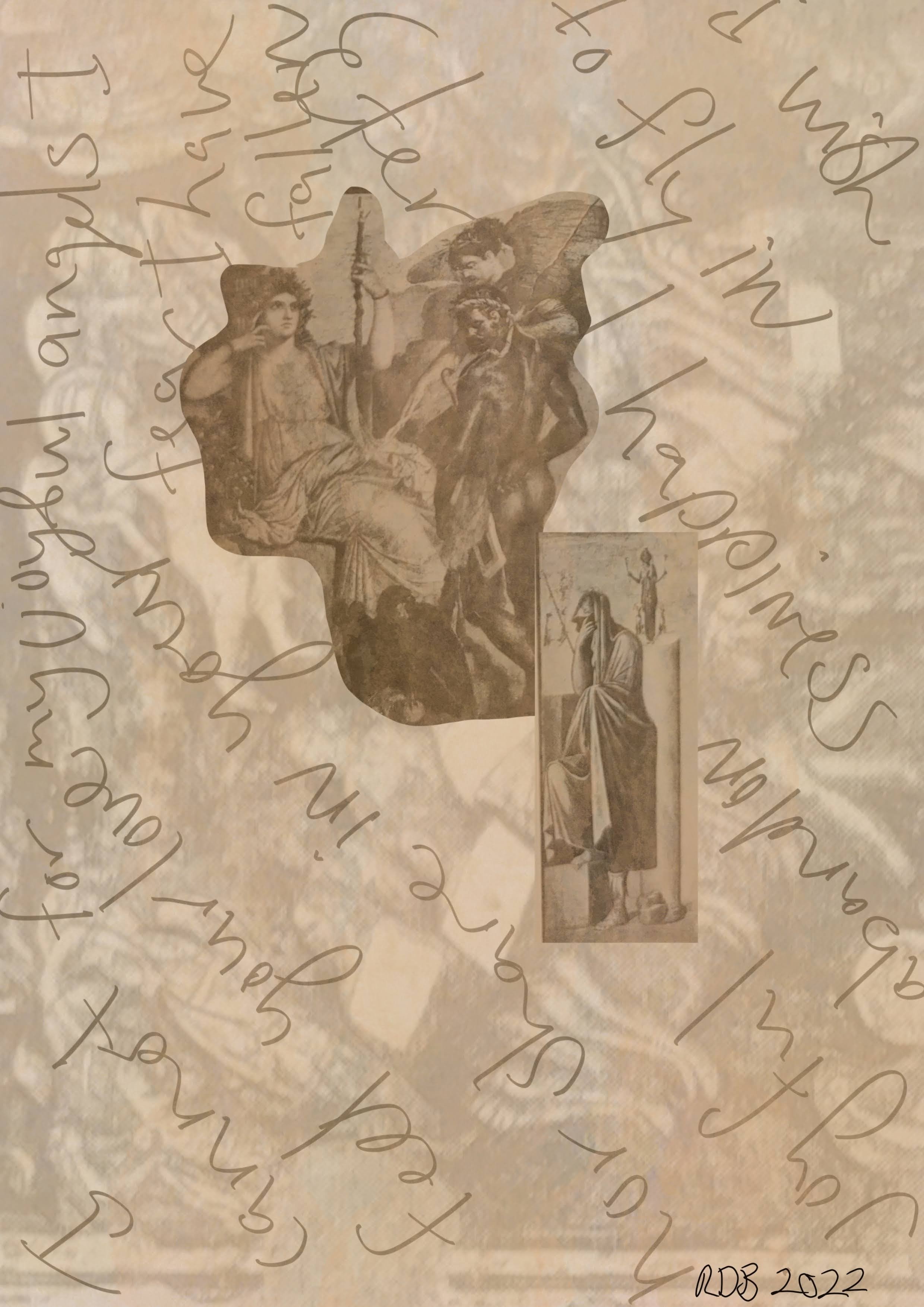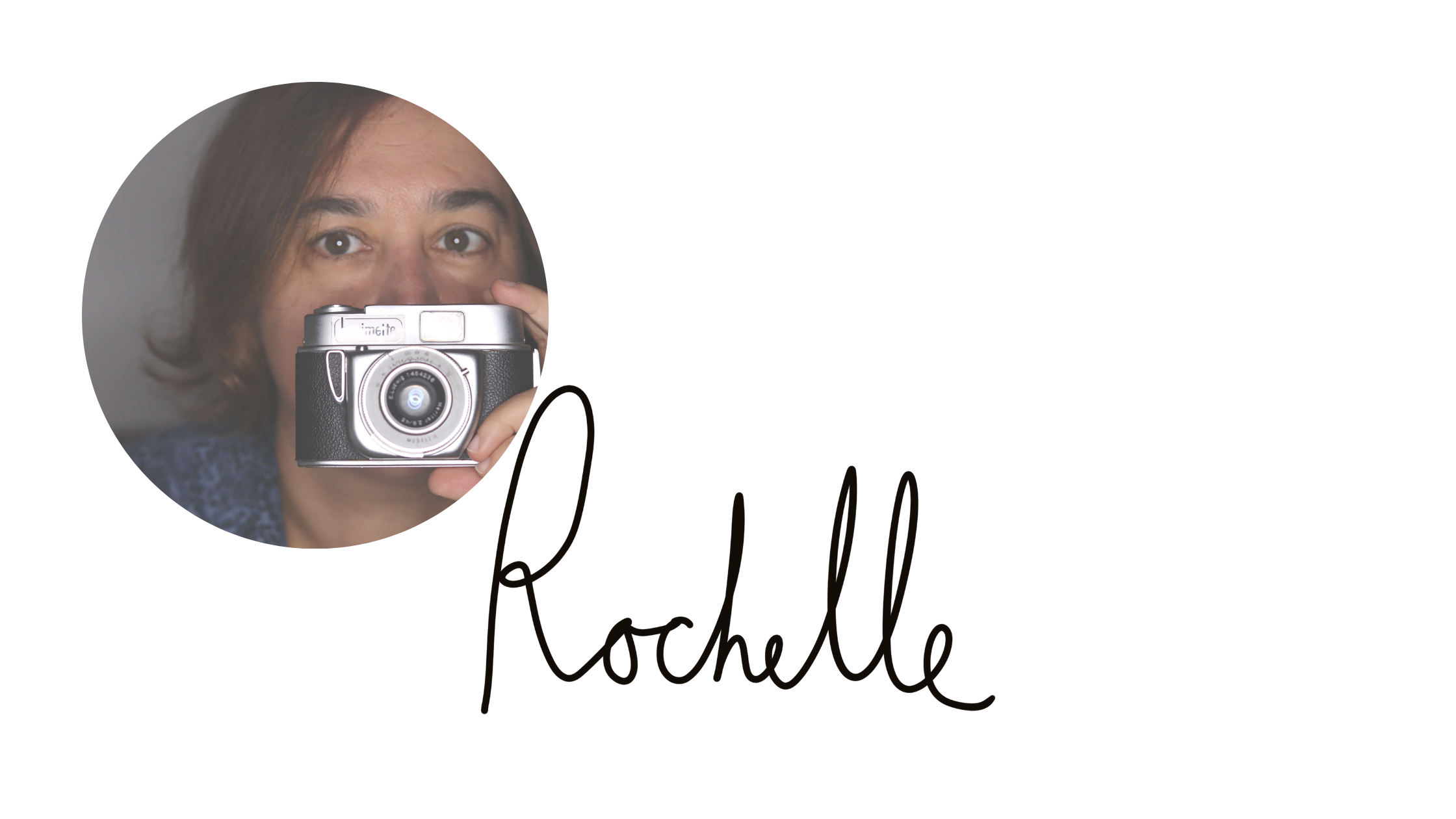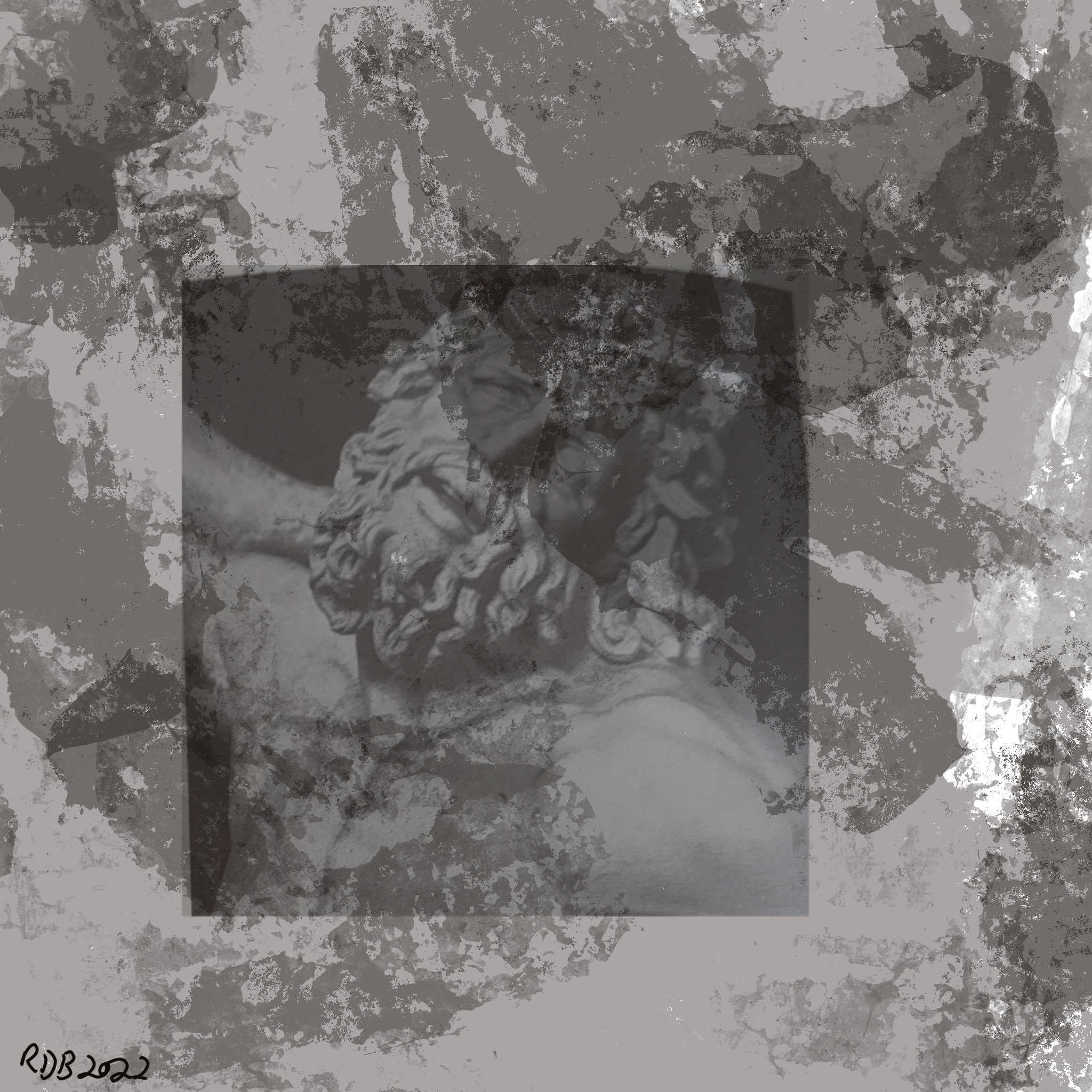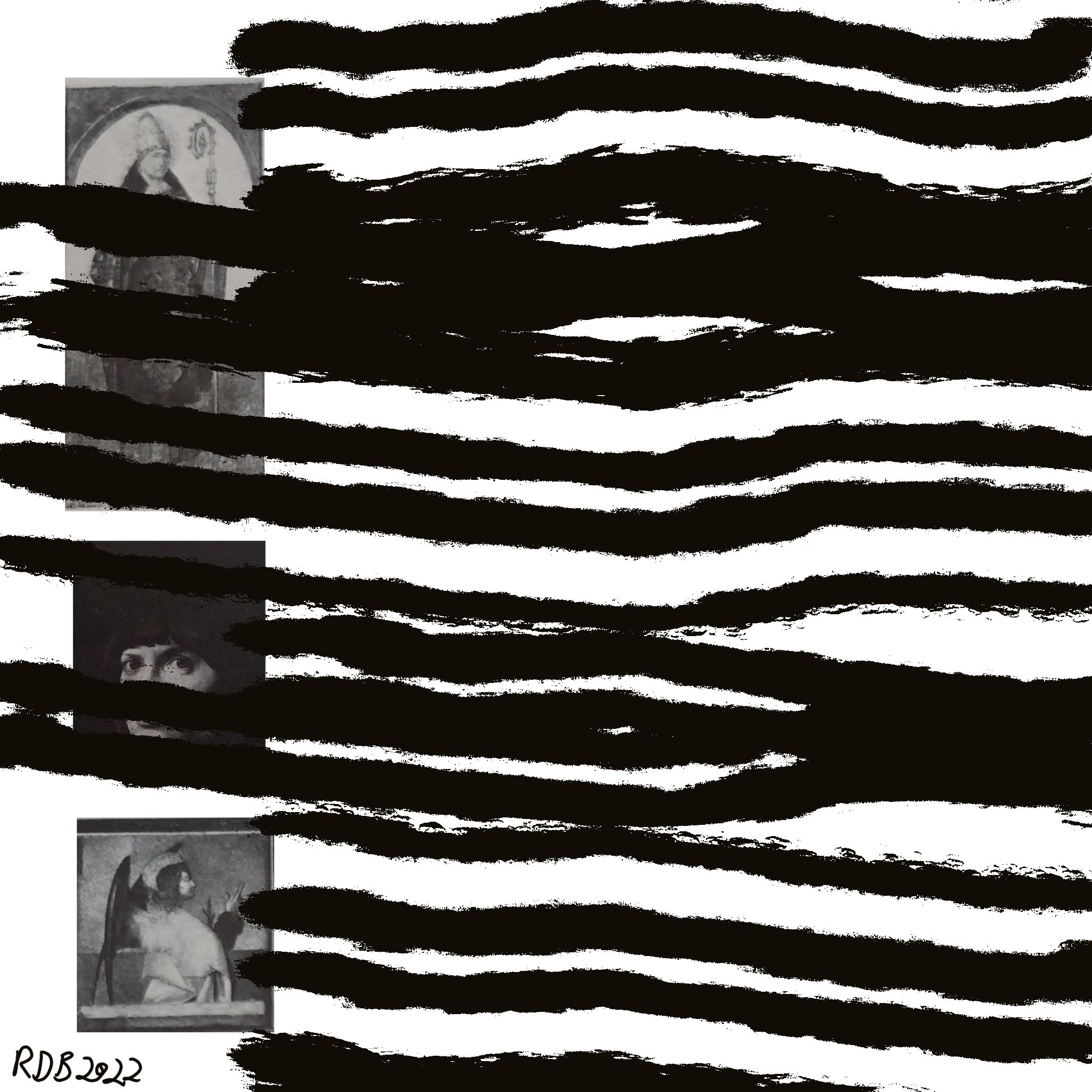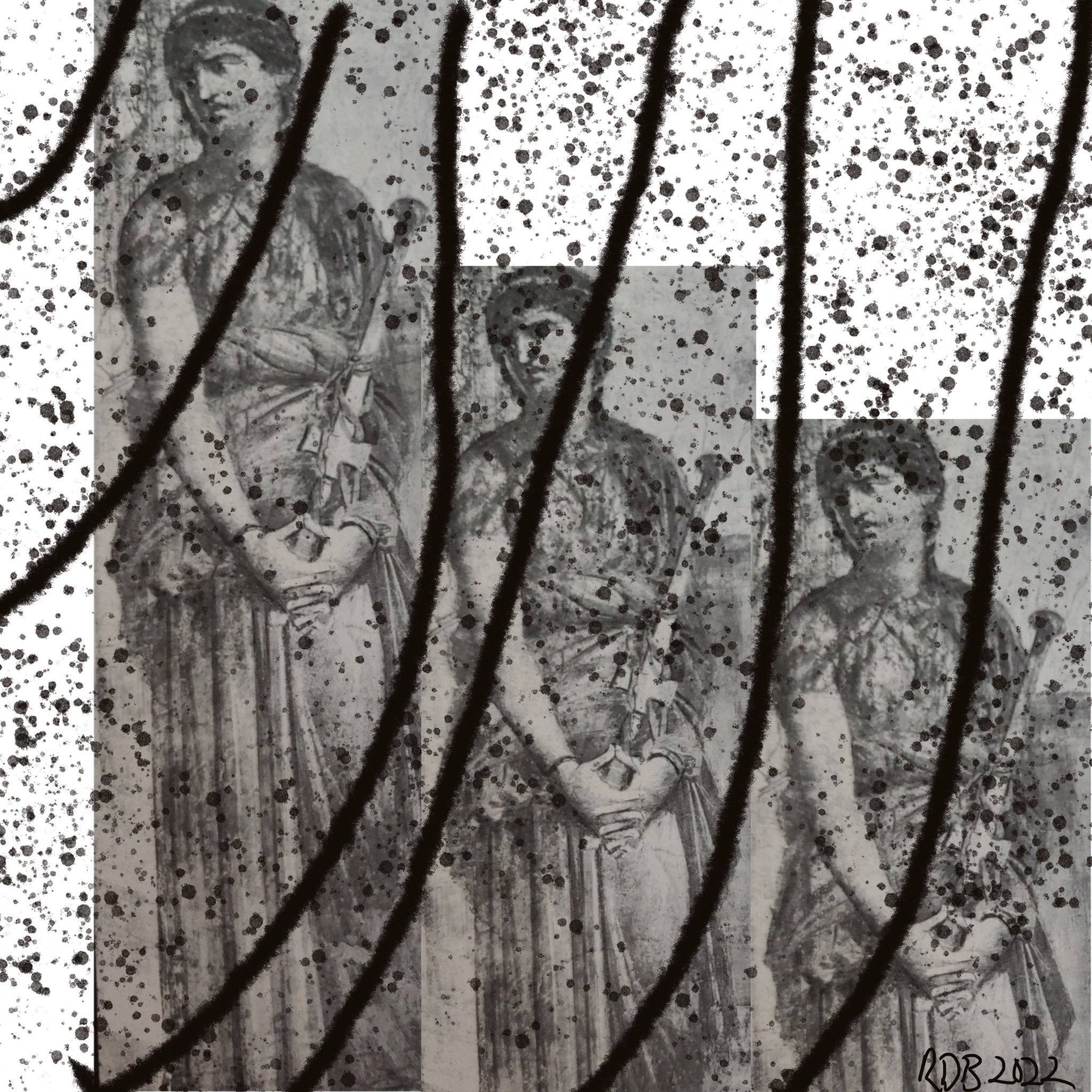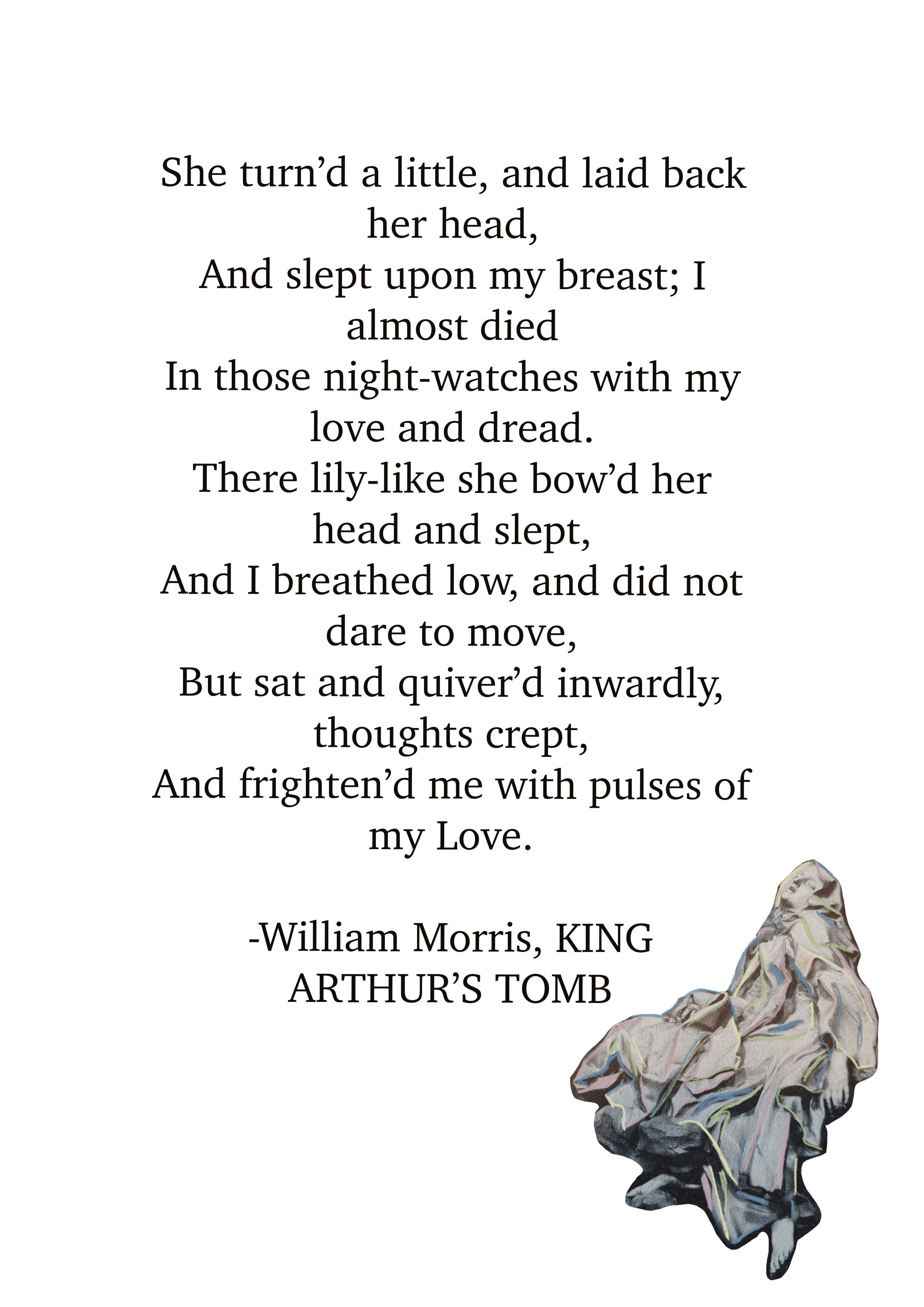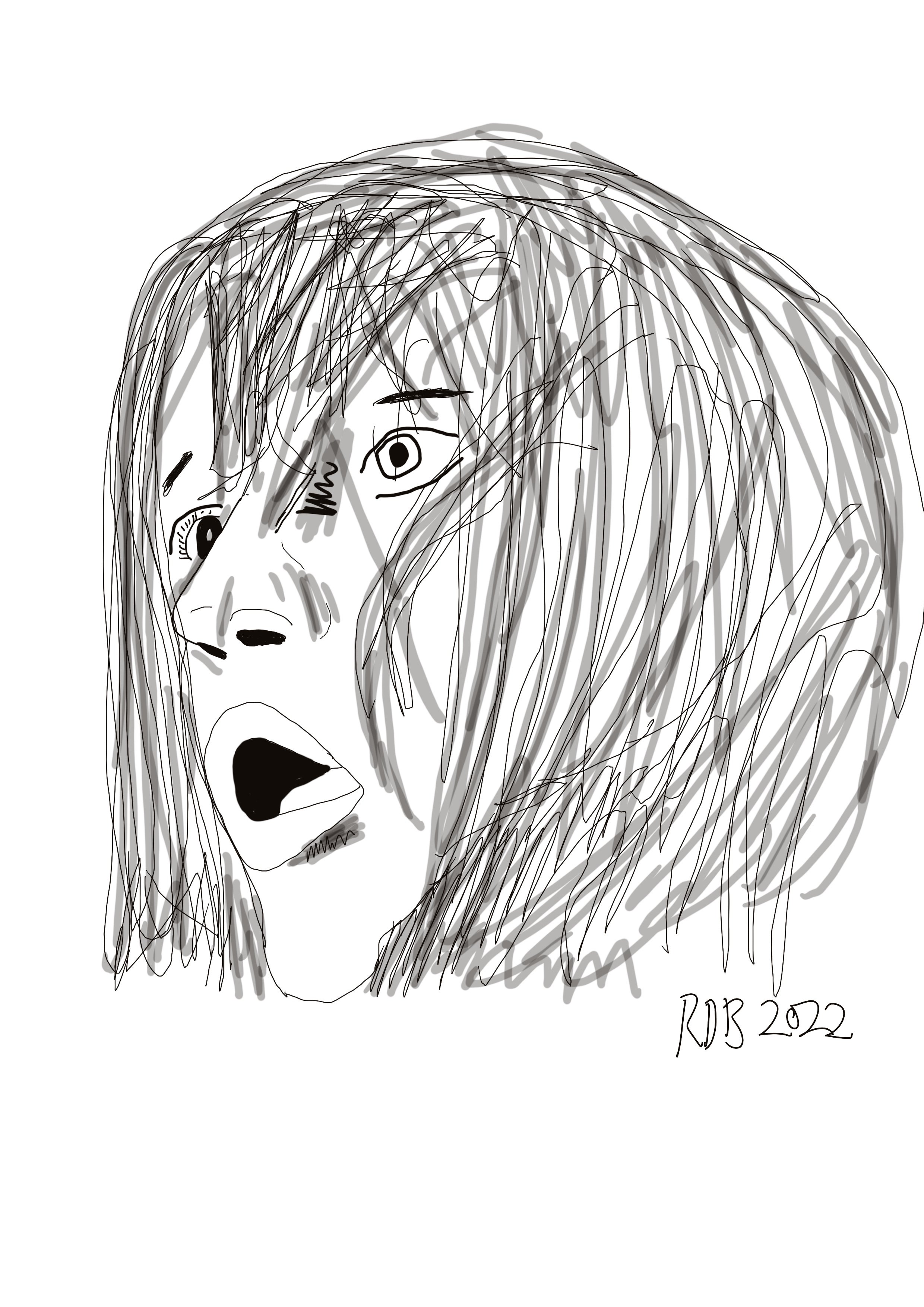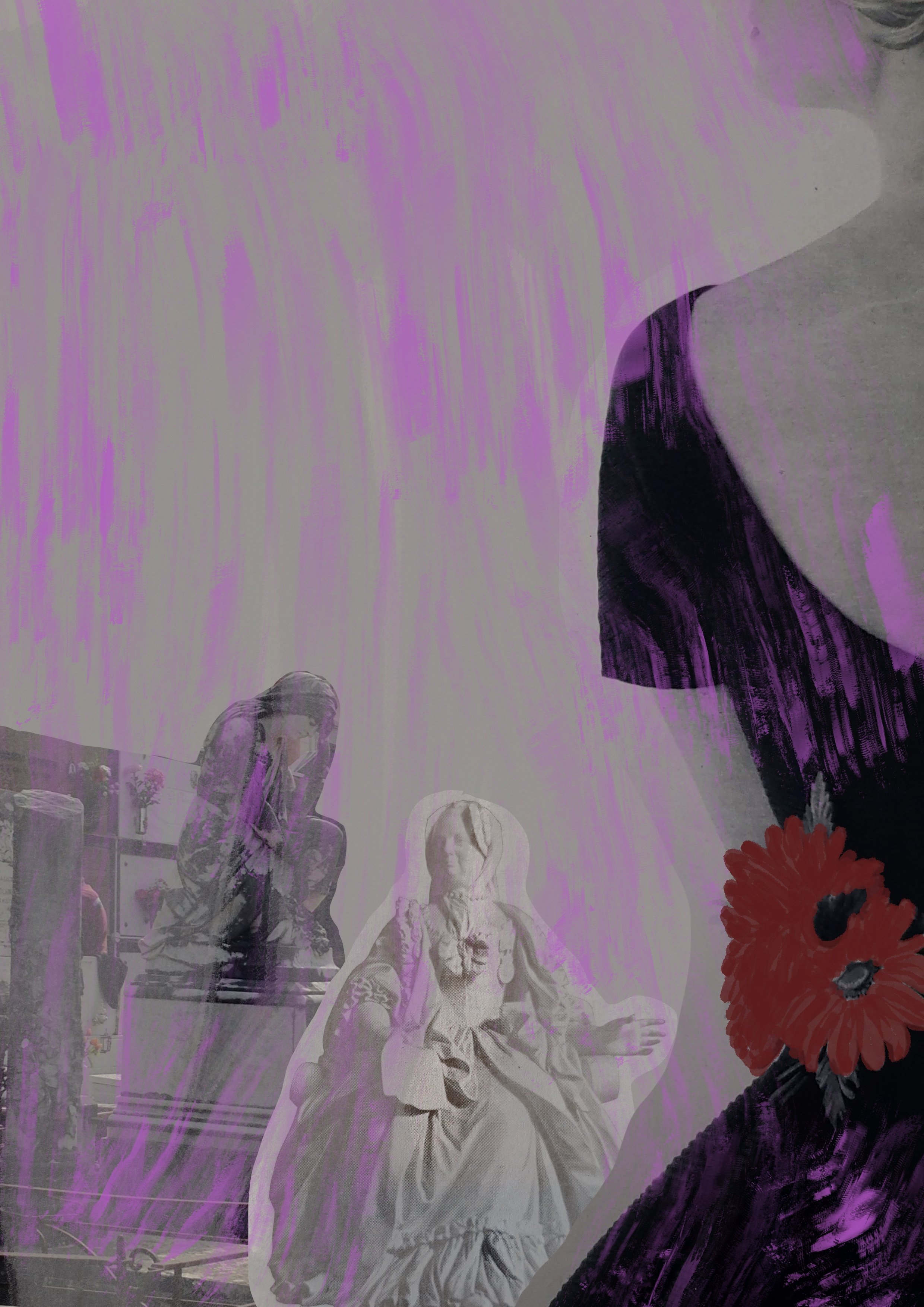My zine, The extraordinary life of Michael Lee Aday, came about through procrastination.
In January, I had unwillingly taken on a travel writing project, even though I had promised I would never accept anything as tedious as updating a travel guide. But I accepted it because it was a good project to keep me active after a couple of years of not doing much writing-wise. I didn't mind visiting the locations, but once that part of the job was finished, I had to enter all of the data onto my employer's database, which was mind-numbingly tedious.
So after doing some intense work every day, my reward was listening to music. Every hour I gave myself a break of five to ten minutes of music to get away from the computer screen.
After hearing of Meat Loaf's death, I decided to listen to his first album, Bat Out of Hell, which I'm ashamed to admit I never knew about. Soon it became an obsession. Meat Loaf fans posted old interviews, videos and documentaries about his career, so I began watching and listening to everything possible. I discovered his impressive lifetime work.
So as I was working on my day job, I had work breaks and weekends listening, understanding and reading everything I could find about this fascinating artist. I took copious notes and compiled the ultimate Meat Loaf listening list, which I played as I typed in my data.
I discovered elements of Meat Loaf's difficult childhood, how he lost his mother when he was 19, and a violent and alcoholic father who tried to kill him. His remarkable talents as an actor and singer. His incredible force of will to follow his creative skills.
Meat Loaf said yes to everything from singing in rock bands in the early 70s to singing musicals and roles in movies and on the stage. He did everything from Shakespeare to the Rocky Horror Show. How he randomly met and befriended talented musician and songwriter Jim Steinman. And how the two went on to write one of the most popular and highest-selling albums of all time.
Then came the stream of endless rejection to get the album recorded, how nobody believed in Jim Steinman or Meat Loaf's music, which was completely different from any music of the time. It took Steinman and ML two years to write the album and another two to find a record company that was able to sign them. Then it took them months of performing to build their audience after their record company refused to publicise the album.
My Meat Loaf procrastination became a welcomed distraction and obsession. Before I knew it, I had written pages of notes, and all of the fans' old photos became the inspiration for some sketches. Then I began thinking, " Hey, maybe I can make a little zine with all this research. So I started writing a tribute to ML's extraordinary life and my reflections as a new fan.
Before I realised it, I had written 10,000 words and had made dozens of sketches inspired by Meat Loaf.
After sending in my travel guide, I began editing and compiling my tribute to Meat Loaf.
The result is this little book about this enigmatic performer, his unlikely career path and possibly the most epic journey any album has had to take to be recorded and published.
If you want to read my little zine its available on Amazon.
Keep an eye out for a give away in a few weeks time and more zines further down the track.
Searching my full name on Amazon (Rochelle Del Borrello) will give you all of my zine publications so far.
After discovering Meat Loaf I have been well and truly stuck back in the 1970s.
What are you currently obsessed with?

